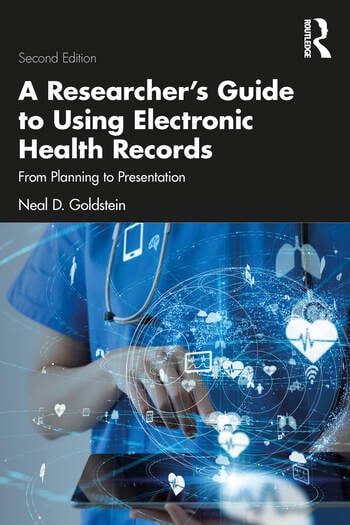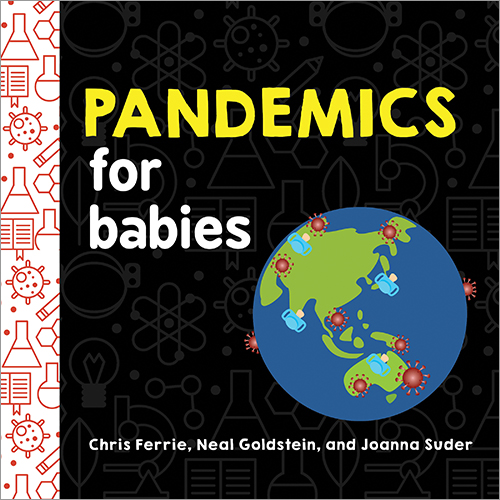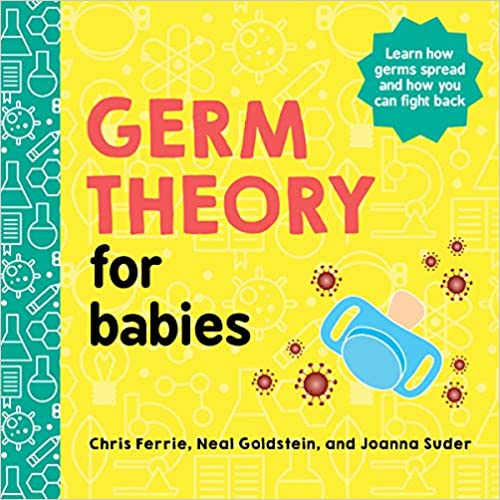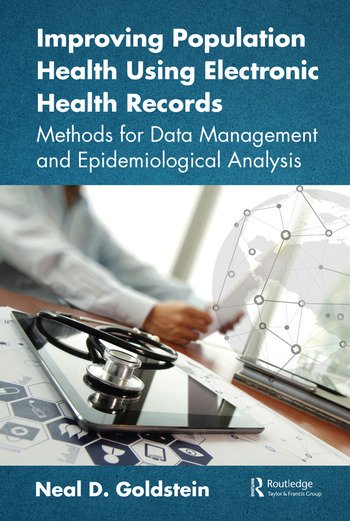A Researcher's Guide to Using Electronic Health Records: From Planning to Presentation, 2nd edition
Electronic health records (EHRs) have become commonplace in the medical profession. In an age when electronic health records (EHRs) are an increasingly important source of population data, this is the essential textbook for any researcher using EHRs to conduct research and analysis.
Split into three parts, the book covers the whole research journey, beginning with the planning a research project, accessing and organizing EHR data, and the issues to be mindful of. The second part looks at the core research process, including sampling and analysis, measures of validity and statistical Inference. The final part introduces the presentation of a piece of research, its publication, and also includes a range of case studies.
Supported by examples and insights throughout, and applicable across a range of research software programs (R, SPSS and SAS), this is the ideal text for students and researchers engaging with EHR across epidemiological and clinical research.
Click here to access the book website, including errata, data, source codes, and more.

Pandemics for Babies is an engaging, basic introduction for youngsters (and grownups!) to the complex concepts like transmission, quarantine, and social distancing. Full of scientific information and written by experts, this newest installment of the Baby University board book series is perfect for enlightening the next generation of geniuses about the science of pandemics. After all, it's never too early to become a scientist!

Germ Theory for Babies is an engaging, basic introduction for youngsters (and grownups!) to the complex questions of what germs are and how they spread. Full of scientific information and written by experts, this newest installment of the Baby University board book series is perfect for enlightening the next generation of geniuses about the science of germs. After all, it's never too early to become a scientist!

Improving Population Health Using Electronic Health Records: Methods for Data Management and Epidemiological Analysis, out of print
Electronic health records (EHRs) have become commonplace in the medical profession. Health data are readily captured and permanently stored in a digital fashion, and consequently, are increasingly being utilized in health research. The quality of this research depends upon the investigator’s ability to obtain the correct data to answer the correct question. It is easy to churn out poor quality research from the EHR; it is much harder to produce meaningful results that influence the population’s health.
Improving Population Health Using Electronic Health Records takes the reader through the process of conducting meaningful research from data in the EHR. It de-mystifies the entire research process, from how to ask the right kind of research questions, to obtaining data with particular emphasis on data management and manipulation, to performing a valid statistical analyses, and interpreting and presenting the results in a clear, concise fashion that has the potential to improve population health.
This book can be used as a hands-on how-to guide of performing research from EHR data in either a piece-meal fashion, selecting only the topics of greatest interest, or a complete guide to the entire research process.
Readers will benefit from the intuitive presentation of complex methods with a multitude of examples. It is invaluable reading for researchers and clinicians who are not otherwise familiar with the complexities of working with large data sets.

